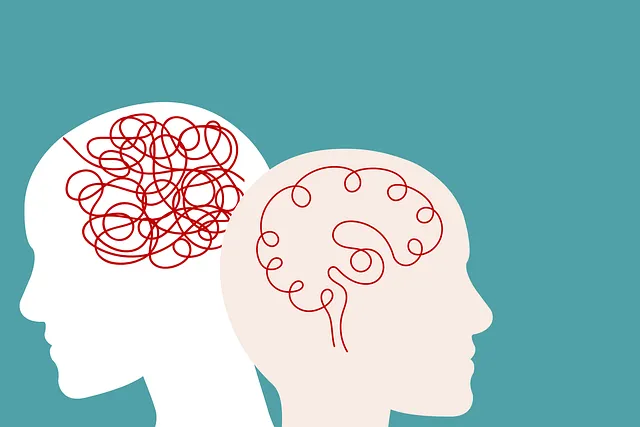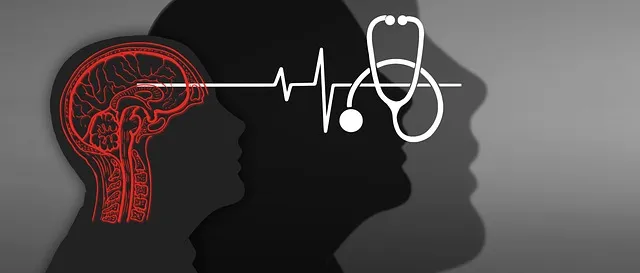Mental wellness groups facilitated by professionals at Lakewood Kaiser Permanente behavioral health services offer a supportive community for individuals facing similar challenges. Through discussions, activities, and techniques, these groups enhance mental well-being, promote social skills development, and provide peer support, complementing individual therapy. Group facilitation creates safe spaces, encourages open dialogue, and fosters emotional insights, building resilience and reducing stigma around mental health issues. Effective communication strategies, including active listening and Mind Over Matter principles, empower participants while strengthening community bonds through a culture of support and solidarity.
Mental wellness groups, facilitated by skilled professionals, offer a powerful support system for individuals navigating mental health challenges. This article explores effective group facilitation techniques employed by Lakewood Kaiser Permanente behavioral health services. From understanding the benefits of group dynamics to implementing engaging strategies and evaluating success, we delve into best practices that foster healing and connection. Discover how these methods enhance mental wellness outcomes in a community setting.
- Understanding Mental Wellness Groups
- – Definition and importance of group facilitation
- – Benefits for individuals and the community
- Effective Communication Strategies
Understanding Mental Wellness Groups

Mental wellness groups offer a supportive environment where individuals with similar challenges can connect and share experiences, fostering a sense of community and understanding. These groups are facilitated by professionals, such as therapists or counselors, who guide participants through discussions, activities, and techniques designed to enhance mental well-being. At Lakewood Kaiser Permanente behavioral health services, for instance, group facilitation plays a pivotal role in treating various conditions, from depression prevention to conflict resolution techniques.
In these settings, members learn valuable social skills training, gain insights into their emotions, and develop coping strategies. The interactive nature of group sessions encourages active participation, allowing individuals to practice new behaviors, receive feedback, and offer support to peers. This collective approach not only complements individual therapy but also empowers participants with a sense of agency in managing their mental health.
– Definition and importance of group facilitation

Group facilitation plays a pivotal role in enhancing mental wellness within communities, such as those served by Lakewood Kaiser Permanente behavioral health services. It involves skillfully guiding interactions among individuals seeking support and shared experiences. Through this collaborative process, participants gain insights, build resilience, and foster connections that can significantly improve their mental well-being.
Effective group facilitation promotes a safe and inclusive environment where individuals feel empowered to share their stories, engage in meaningful discussions, and learn from one another. This approach aligns perfectly with the mission of community outreach programs aimed at raising mental health awareness. Moreover, it serves as a crucial tool for risk management planning among mental health professionals, ensuring they can navigate complex dynamics within group settings while prioritizing participant safety and progress.
– Benefits for individuals and the community

Mental wellness group facilitation plays a pivotal role in enhancing both individual and community well-being. For participants, it offers a safe and supportive space to share experiences, gain insights from peers, and develop coping strategies tailored to their unique challenges. This collective approach not only empowers individuals but also fosters a sense of belonging and connection within the community. By encouraging open dialogue and empathy building, facilitators create an environment that promotes understanding and reduces stigma associated with mental health issues.
Furthermore, these techniques contribute to broader public awareness campaigns development and Cultural Competency Training for healthcare providers like Lakewood Kaiser Permanente behavioral health services. Empathy-focused strategies ensure that care is personalized and accessible, reflecting the diverse backgrounds and needs of the community. Such initiatives ultimately strengthen the community’s resilience by equipping individuals with tools to navigate mental health challenges and fostering a culture of support and solidarity.
Effective Communication Strategies

Effective communication is a cornerstone of successful group facilitation, particularly within the context of Lakewood Kaiser Permanente behavioral health services. Facilitators play a vital role in fostering open dialogue and creating a safe space for members to share their experiences, thoughts, and feelings. Utilizing active listening techniques, such as paraphrasing and summarizing, ensures that each participant feels heard and validated. This not only strengthens the bond among group members but also encourages them to explore complex emotions and challenges openly.
Incorporating Mind Over Matter Principles into communication strategies can significantly enhance the therapeutic impact of these sessions. By teaching participants effective coping mechanisms and reframing negative thought patterns, facilitators empower individuals to navigate their mental health journeys with resilience. Additionally, Social Skills Training becomes an integral part of these conversations, helping members improve their interpersonal interactions and build supportive networks within the group setting.
Mental wellness group facilitation plays a pivotal role in enhancing individual well-being and strengthening community ties. Techniques like effective communication strategies, as demonstrated by Lakewood Kaiser Permanente behavioral health services, empower individuals to share experiences, gain insights, and build support networks. By fostering an inclusive environment, these groups promote mental resilience, offer valuable peer-to-peer learning, and contribute to a healthier, more connected community.






